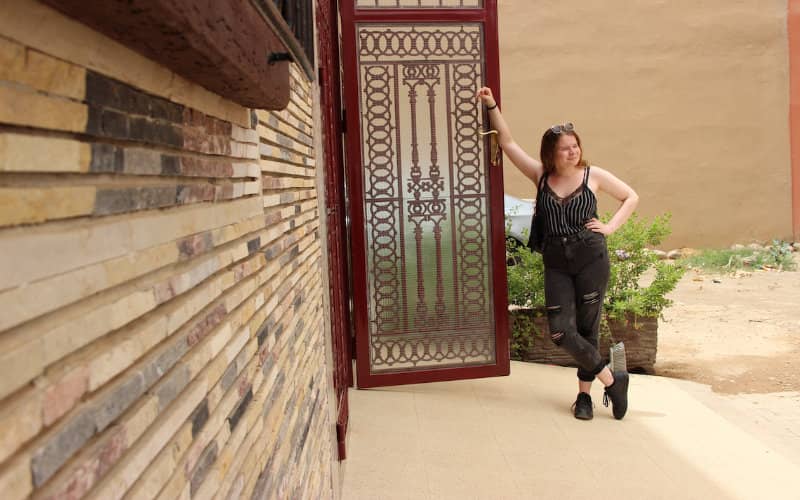Troubled French Teens Find Second Chance in Morocco Immersion Program

Since 2015, troubled French teenagers have been spending six months immersed in Morocco. A way to give them a second chance and avoid incarceration.
Mostly out of school and some addicted to drugs, these French teenagers considered "incorrigible" go from foster homes to host families or psychiatric hospitals. "They are 15 or 16 years old, and they are already made to understand that there is no place for them anywhere," laments Xavier Velly, director of the Diversified Reception Device (DAD) of the Finistère Child Welfare Association (ADSEA 29). Estimated at 6,000 in France, according to the Oser association, these teenagers are exposed to delinquency, reports Slate.
To help them find their way, Xavier Velly and his team at the DAD based in Quimper offer them break-away stays. A practice that consists of abruptly removing them from their environment to allow them to reflect and find themselves. Each year, about twenty young volunteers are sent to Morocco, Spain or Senegal for these six-month stays. In Morocco, these teenagers are welcomed in Taroudant, where they are supported by the Moroccan association Ahlan, a partner of the DAD and the Finistère Child Welfare Association.
Imane, a 14-year-old from Roubaix, has been there for a month. She opted for this stay because she "keeps getting into trouble with [her] friends". Housed with a host family, she is doing an internship at a hairdressing school. During the stay, the French teenagers only meet Moroccans. "Each time the young people have crossed paths, it has been very difficult to manage," says Maryam Amazzal, head of service at the Ahlan association. And director Rachid Birouk adds: "The one who is committed is disturbed by the one who is not committed".
The teenagers are entitled to a weekly call to their family and their educators in Quimper, and to about thirty minutes of internet connection per week. "We don’t change all the young people completely in six months. For some, it’s a seed that has been sown and may bear fruit in five or ten years. They have a sense of well-being, a sense of calm, without this translating directly into social success," says Xavier Velly. In the end, some choose to stay in Morocco where they have found what was missing in France: friends, a family and a job.
Related Articles
-

Moroccan Fugitive Sentenced: 3 Years for Daring Prison Break and Cross-Border Escape
11 September 2025
-

French Air Travel Chaos: National Strike Halves Flights, Disrupts Schedules Nationwide
10 September 2025
-

Algerian Doctor’s French Dream Turns Nightmare: Hospital Exclusion Sparks Legal Battle
9 September 2025
-

French Air Traffic Strike Chaos: Royal Air Maroc Issues Urgent Travel Advisory
9 September 2025
-

Marseille Mayor Faces Death Threats Over Couscous: Far-Right Backlash Ignites Debate on Cultural Tolerance
8 September 2025